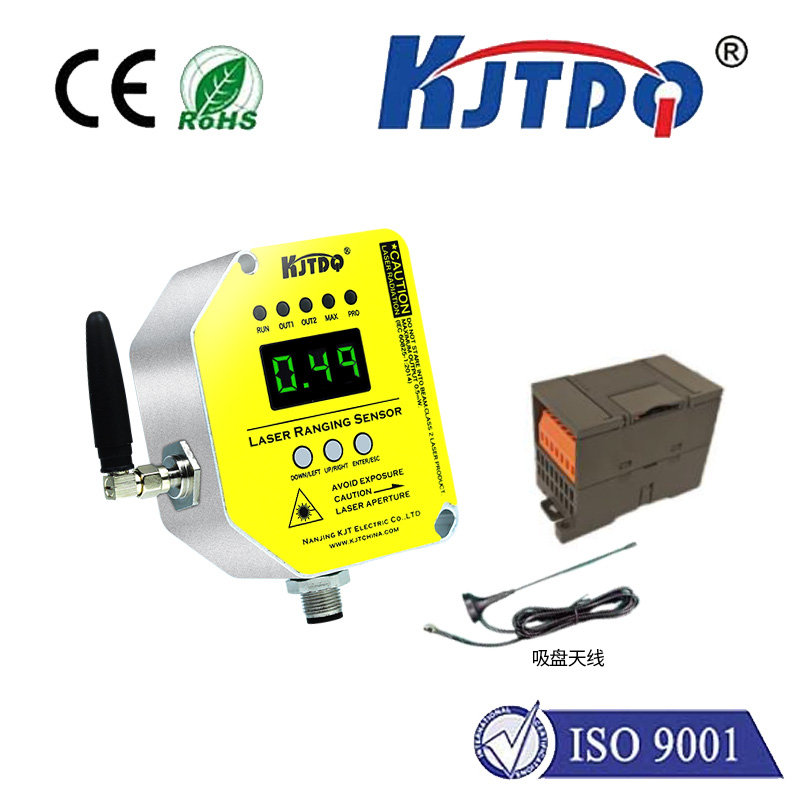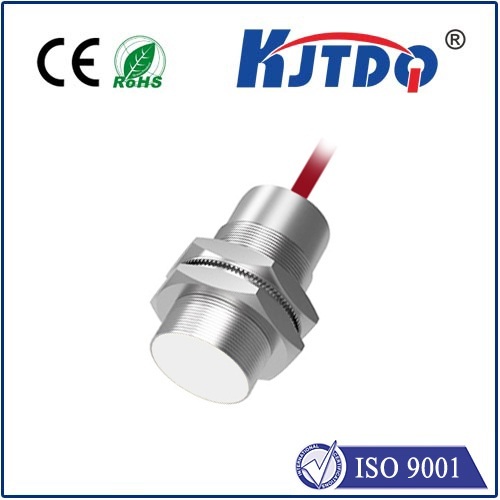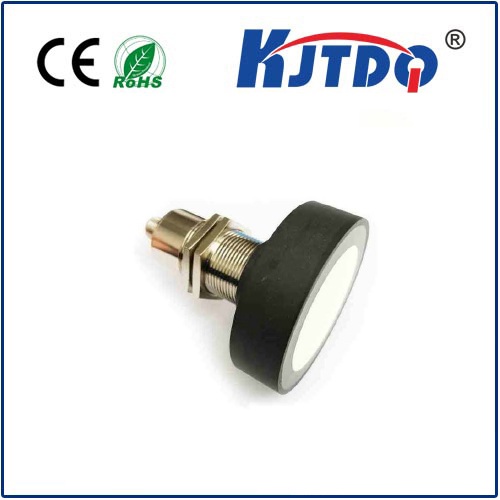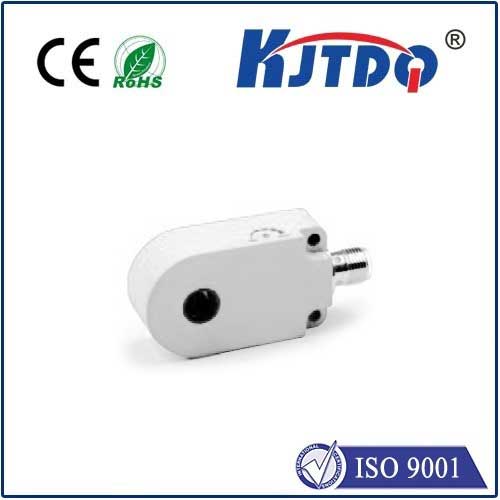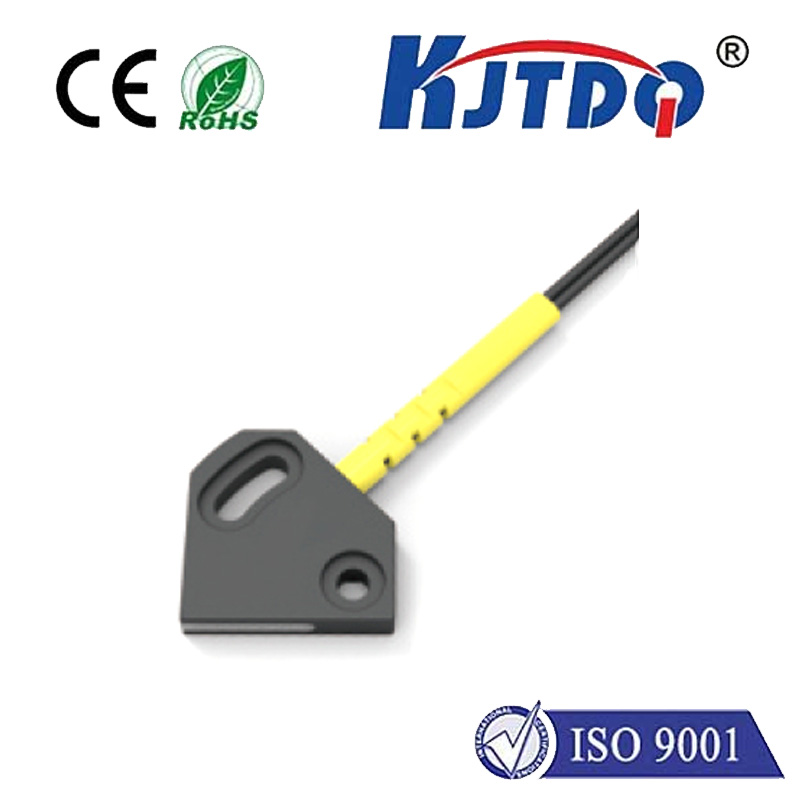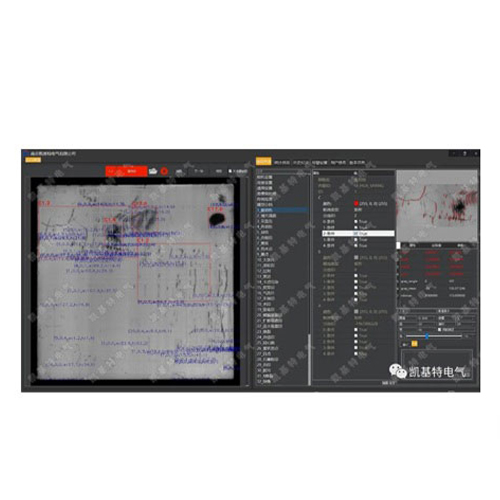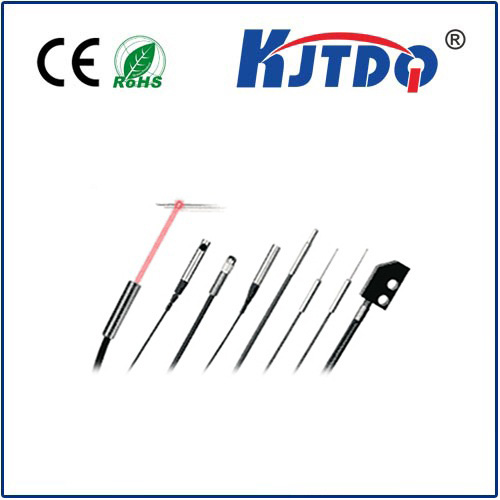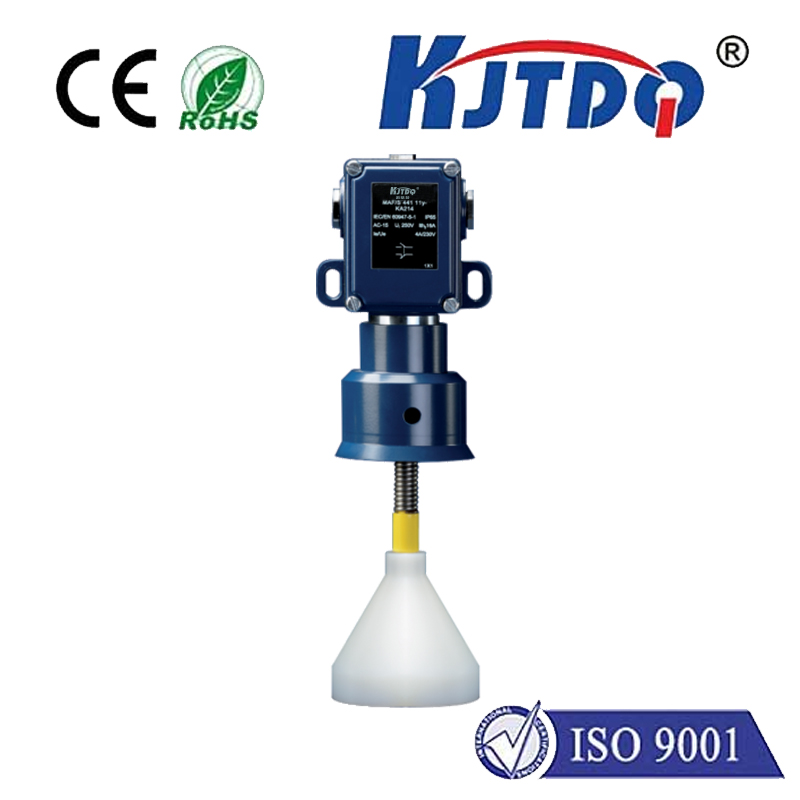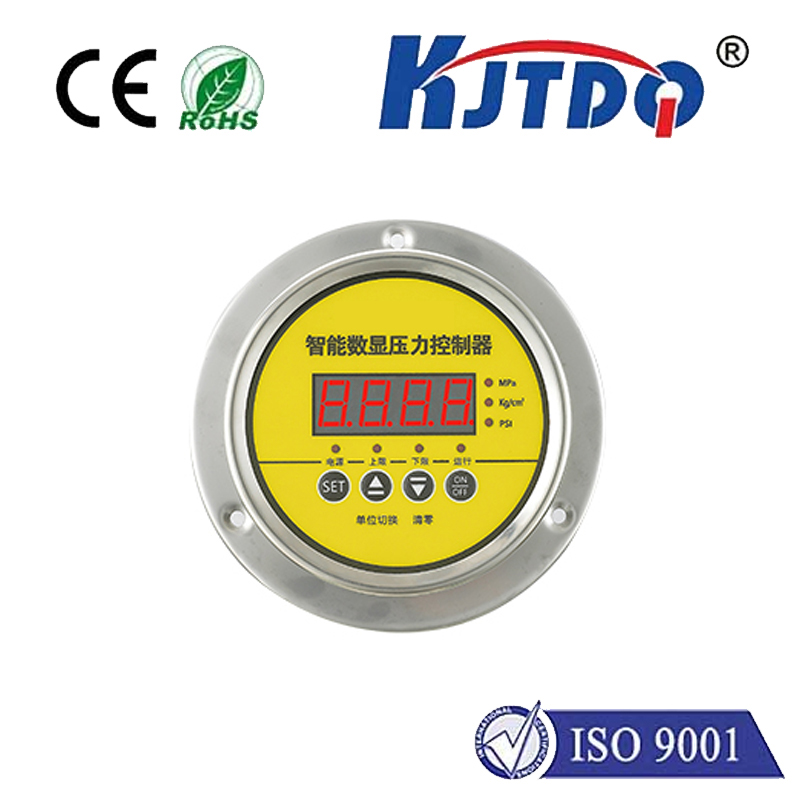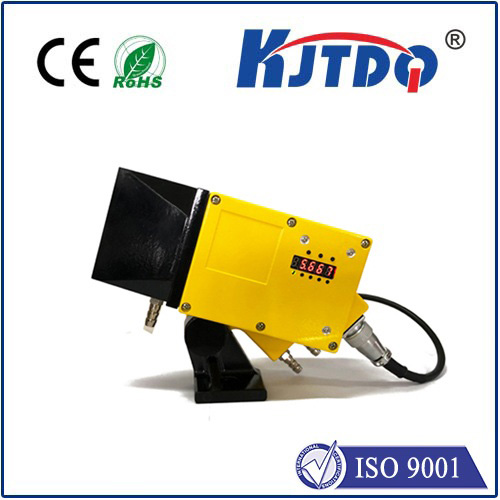In today’s rapidly evolving technological landscape, magnetic prox sensors have emerged as indispensable components in numerous applications, seamlessly blending into our everyday devices and industrial machinery. These compact yet highly efficient sensors are revolutionizing the way we interact with technology, offering enhanced functionality, reliability, and precision across various sectors.
At the heart of many modern systems, magnetic proximity (prox) sensors operate on the principle of detecting changes in the magnetic field to sense the presence or absence of an object without physical contact. This non-contact operation makes them ideal for environments where hygiene, wear, or contamination could be concerns, such as in medical equipment, food processing industries, and automated manufacturing lines. These sensors typically consist of a magnet and a Hall Effect sensor, which generates an electrical signal proportional to the magnetic field intensity it detects. When a target object made of a ferrous material comes within range, it disrupts this magnetic field, triggering the sensor to switch states—either turning on or off—thus providing a clear digital output for further processing.
The versatility of magnetic prox sensors has led to their widespread adoption across numerous industries:
Автомобильная промышленность: In vehicles, these sensors play a crucial role in monitoring wheel speed, gear position, and seat belt status, contributing to safety features like airbag deployment and anti-lock braking systems (ABS).

Потребительская электроника: They are used in smartphones for functions like automatic screen rotation and wireless charging pads to align devices accurately.
Промышленная автоматизация: Magnetic prox sensors enable precise control over machinery, facilitating tasks ranging from counting parts on conveyor belts to ensuring doors close completely before operation starts.
Система безопасности: They safeguard premises by detecting unauthorized access when paired with metal objects or badges, triggering alarms or locking mechanisms.
Compared to alternatives like optical or capacitive sensors, magnetic prox sensors offer several distinct advantages:
Долговечность: Their robust construction allows them to withstand harsh conditions, including extreme temperatures, humidity, and vibrations, making them suitable for outdoor and heavy-duty applications.
Продолжительность жизни: With no moving parts subject to wear and tear, these sensors boast long lifespans, reducing maintenance costs and enhancing system uptime.
Эффективность затрат: The simplicity of design translates into lower manufacturing costs without compromising performance, making them an economical choice for mass production.
As technology advances, the capabilities of magnetic prox sensors are continuously expanding. Integration with Internet of Things (IoT) platforms enables real-time data collection and analysis, paving the way for smart factories and predictive maintenance strategies. Moreover, miniaturization efforts are underway to create even more compact sensors without sacrificing sensitivity or accuracy. In conclusion, magnetic prox sensors represent a cornerstone of modern automation and control systems, driving efficiency, safety, and innovation across multiple domains. As research and development persist, we can anticipate these sensors becoming even more integral to our interconnected world, unlocking new possibilities for intelligent design and automation.
